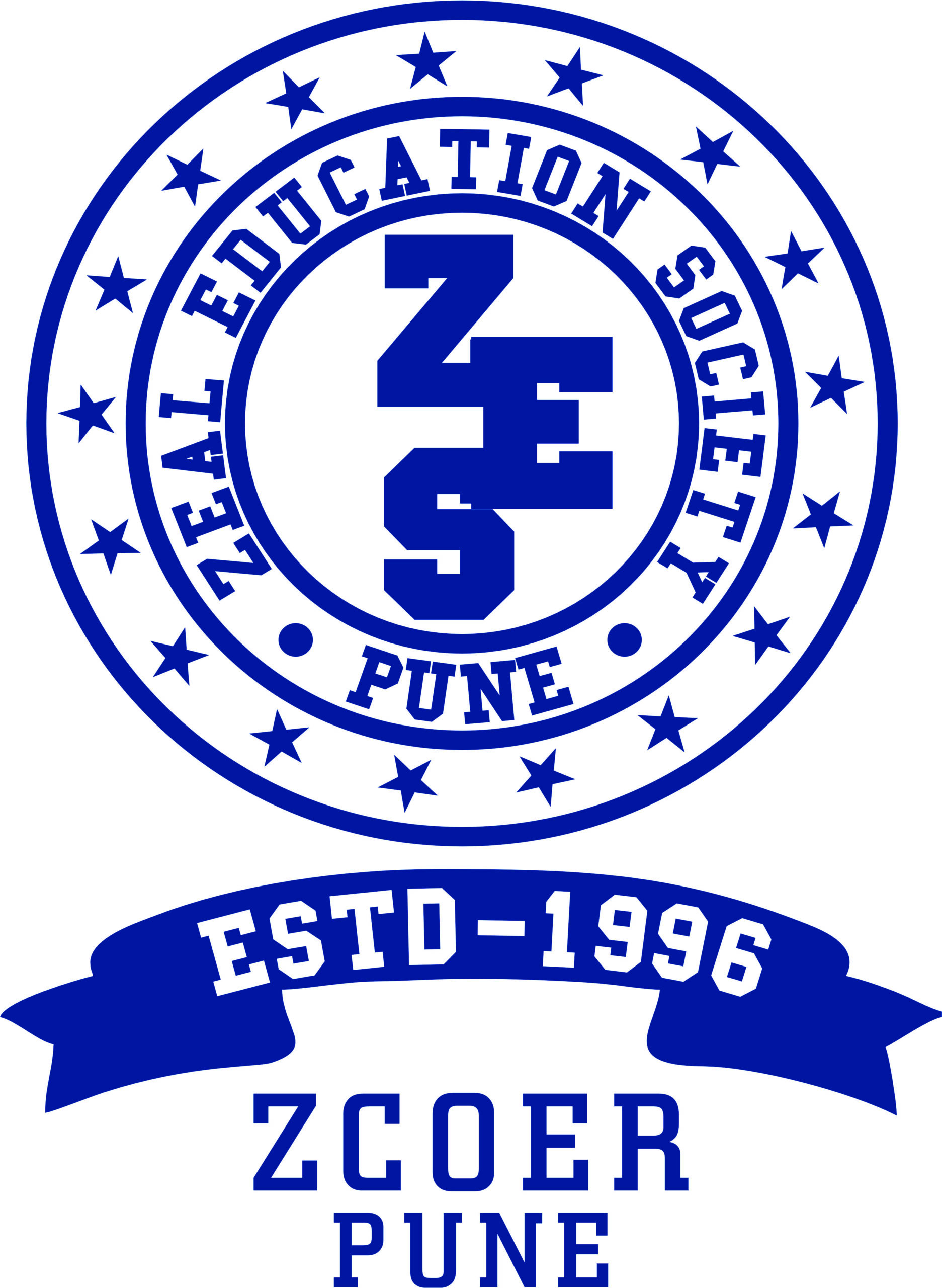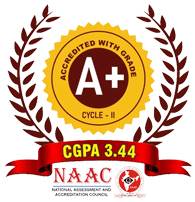Mechanical Engineering
- Mechanical Engineering
- About Department
- From HOD Desk
- Vision & Mission
- PEO & PSO, PO & CO
- Autonomy Constitution
- Faculty Profile
- Lab Facilities
- Innovations in Teaching – Learning
- Research & Publications
- Skill Development
- Faculty Achievements
- Students Achievement
- Student Achievement (University)
- Student Chapter
- Students Association
- Placement and Internship
- Center of Excellence
- Life @ Mechanical
- Downloads
- Newsletter
- Final Year Projects
- PBL and Mini Project
- ATAL FDP 2026
Introduction:
The Mechanical Engineering Department of ZCOER has implemented an innovative teaching-learning process that actively engages students in the design and development of lab test rigs, prototypes, and commercial models. This initiative aims to provide hands-on experience in experimental setup, prototype development, and an understanding of the product commercialization process. Through this approach, students gain practical exposure to engineering concepts and problem-solving methodologies, fostering their technical and entrepreneurial capabilities.
Objectives:
- To enhance students’ understanding of experimental setups and laboratory procedures.
- To provide practical exposure to prototype development and testing.
- To introduce students to the product development lifecycle and commercialization aspects.
- To foster creativity, problem-solving abilities, and entrepreneurial skills.
- To prepare students for roles in product development, innovation, and engineering design.
Methodology:
As part of their coursework, students are encouraged to conceptualize, design, and fabricate lab test rigs and commercial models under faculty supervision. The process follows a structured approach:
- Conceptualization – Identifying industrial or academic challenges that can be addressed through experimental setups or commercial models.
- Design and Development – Using CAD software and engineering principles to design prototypes and test rigs.
- Fabrication and Assembly – Utilizing manufacturing processes such as machining, welding, and 3D printing to build the models.
- Testing and Validation – Conducting experimental analysis and performance evaluation of the developed prototypes.
- Commercial Feasibility Assessment – Exploring market potential, cost analysis, and possible applications of the developed models.
Key Achievements:
- Development of multiple functional lab test rigs for use in academic experiments.
- Creation of industry-relevant commercial models addressing practical engineering problems.
- Increased student engagement and participation in hands-on learning.
- Exposure to real-world engineering challenges, improving technical competence.
- Strengthened collaboration between students, faculty, and industry partners.
Impact on Student Learning and Skill Development:
- Practical Skill Acquisition: Hands-on experience with design tools, manufacturing techniques, and testing methodologies.
- Innovation and Creativity: Encouragement to think critically and develop novel engineering solutions.
- Problem-Solving Abilities: Application of theoretical knowledge to real-world engineering challenges.
- Entrepreneurial Readiness: Understanding of commercialization aspects and product lifecycle management.
- Industry Preparedness: Enhanced employability through exposure to product development and engineering design roles.
Submit your review | |
1 2 3 4 5 | |
Submit Cancel | |
Good learning




